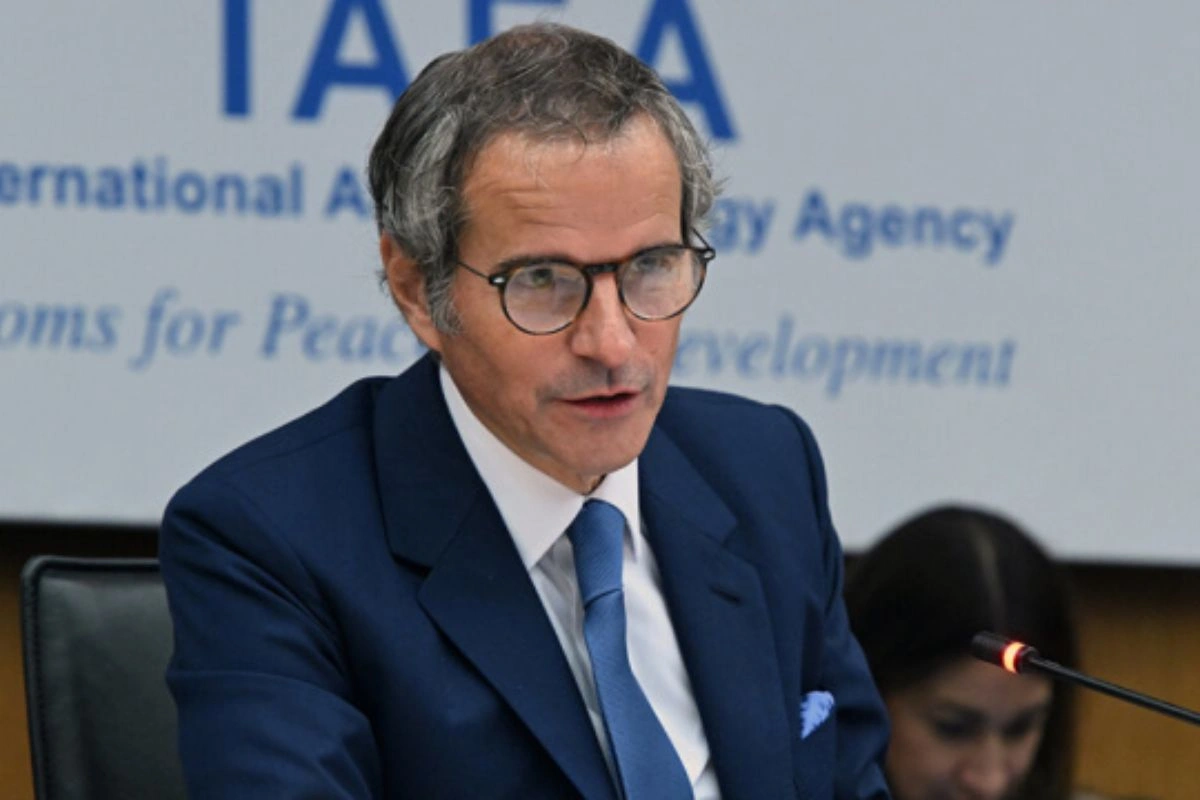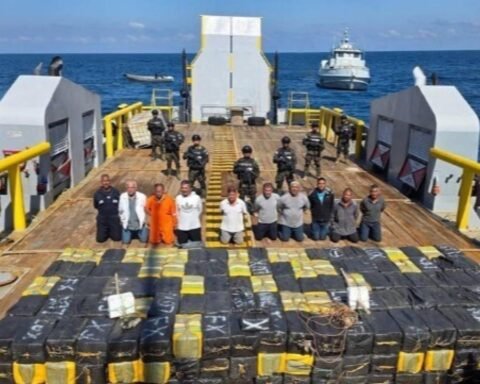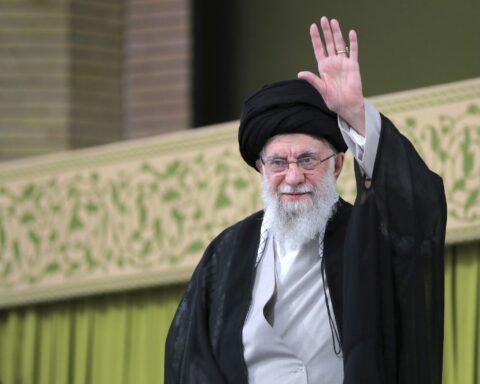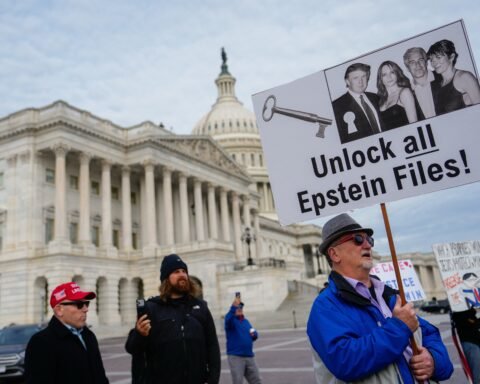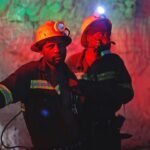The International Atomic Energy Agency (IAEA) has called an emergency session of its Board of Governors, set for Monday in Vienna, Austria, to assess what Director General Rafael Mariano Grossi has described as a “serious deterioration in nuclear safety and security” following recent military strikes on Iran’s nuclear facilities.
The decision to convene the extraordinary meeting follows a wave of airstrikes launched by the United States that targeted Iran’s key nuclear sites, including Fordow, Natanz, and Isfahan. These facilities are central to Iran’s uranium enrichment efforts and are monitored under the framework of the Nuclear Non-Proliferation Treaty (NPT), of which Iran is a signatory.
“In light of the increasingly serious situation in terms of nuclear safety and security in Iran, the IAEA Board of Governors will meet tomorrow,” Grossi announced via X (formerly Twitter).Damage to Nuclear Sites Raises Alarm
While no external radiation leaks have been confirmed, reports indicate structural damage at the Natanz facility’s underground cascade halls, where centrifuges enrich uranium. The Fordow Fuel Enrichment Plant, built deep beneath a mountain, may have been shielded from the worst, but IAEA inspectors are still evaluating possible contamination.
Iran has condemned the strikes as a “flagrant violation of international law” and warned that they may retaliate. Meanwhile, the IAEA has stressed that attacking civilian nuclear infrastructure—even during conflict—is a direct threat to the global nuclear safety regime and could have catastrophic consequences.
The agency has already communicated with the United Nations Security Council, where Grossi recently emphasized the dangers of militarizing nuclear infrastructure and urged restraint from all parties involved.
What’s at Stake at the Emergency Session
The IAEA Board of Governors, which includes members such as the United States, Russia, China, France, Germany, and others, will deliberate on three key matters:
- Safety evaluations: Determining whether core containment systems at the bombed facilities remain intact.
- Access for inspectors: Negotiating with Tehran to allow IAEA monitoring equipment and personnel back into affected sites.
- Future diplomacy: Reinforcing the role of diplomacy over escalation, especially in light of the stalled Joint Comprehensive Plan of Action (JCPOA), commonly known as the Iran nuclear deal.
The IAEA is also expected to discuss updates to its safeguards agreements with Iran, which form the legal framework for nuclear verification.
Also Read; Putin Stresses Russia Must Avoid Economic Recession
The strikes, which reportedly originated from coordination between the U.S. and Israeli forces, have reignited fears of a broader conflict in the Middle East. Iran has vowed to continue its enrichment program and may even pull back further from IAEA inspections—a move that would severely hinder global visibility into its nuclear intentions.
The European Union and United Nations have called for urgent de-escalation and a return to diplomatic channels. Meanwhile, regional actors such as Saudi Arabia and Turkey have expressed concern over the potential for nuclear fallout or a wider war.
This emergency session comes at a crucial moment not just for Iran, but for the global framework that regulates nuclear weapons and peaceful nuclear energy. The IAEA, formed in 1957 and headquartered in Vienna, plays a central role in verifying that nuclear programs around the world are not diverted toward military use.
Monday’s session will likely define whether the IAEA can preserve its credibility and safeguard its mission amid geopolitical chaos. If inspectors are allowed back in, it may signal a path back to trust and stability. If not, the world may be entering an uncharted era in nuclear oversight.

